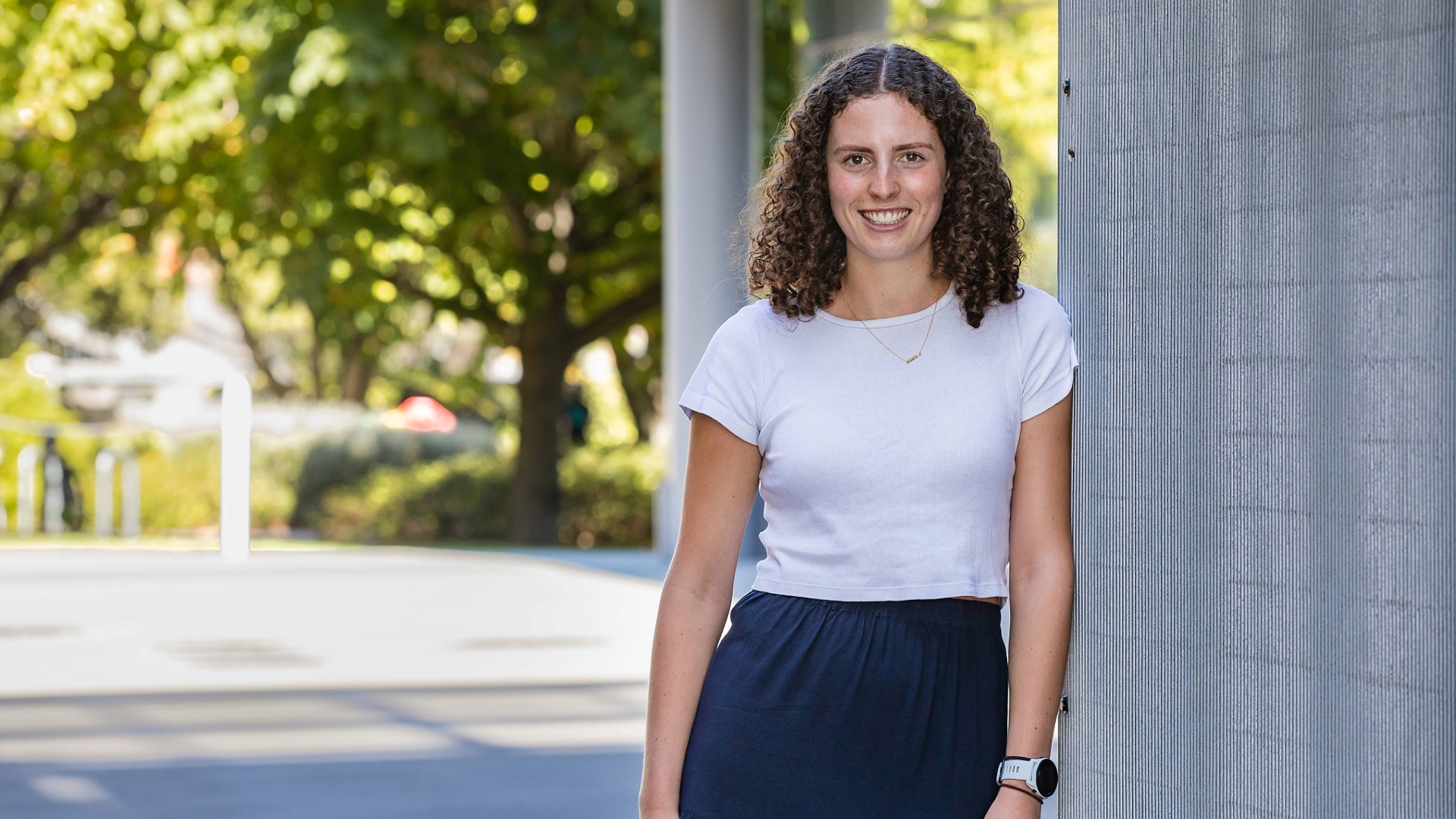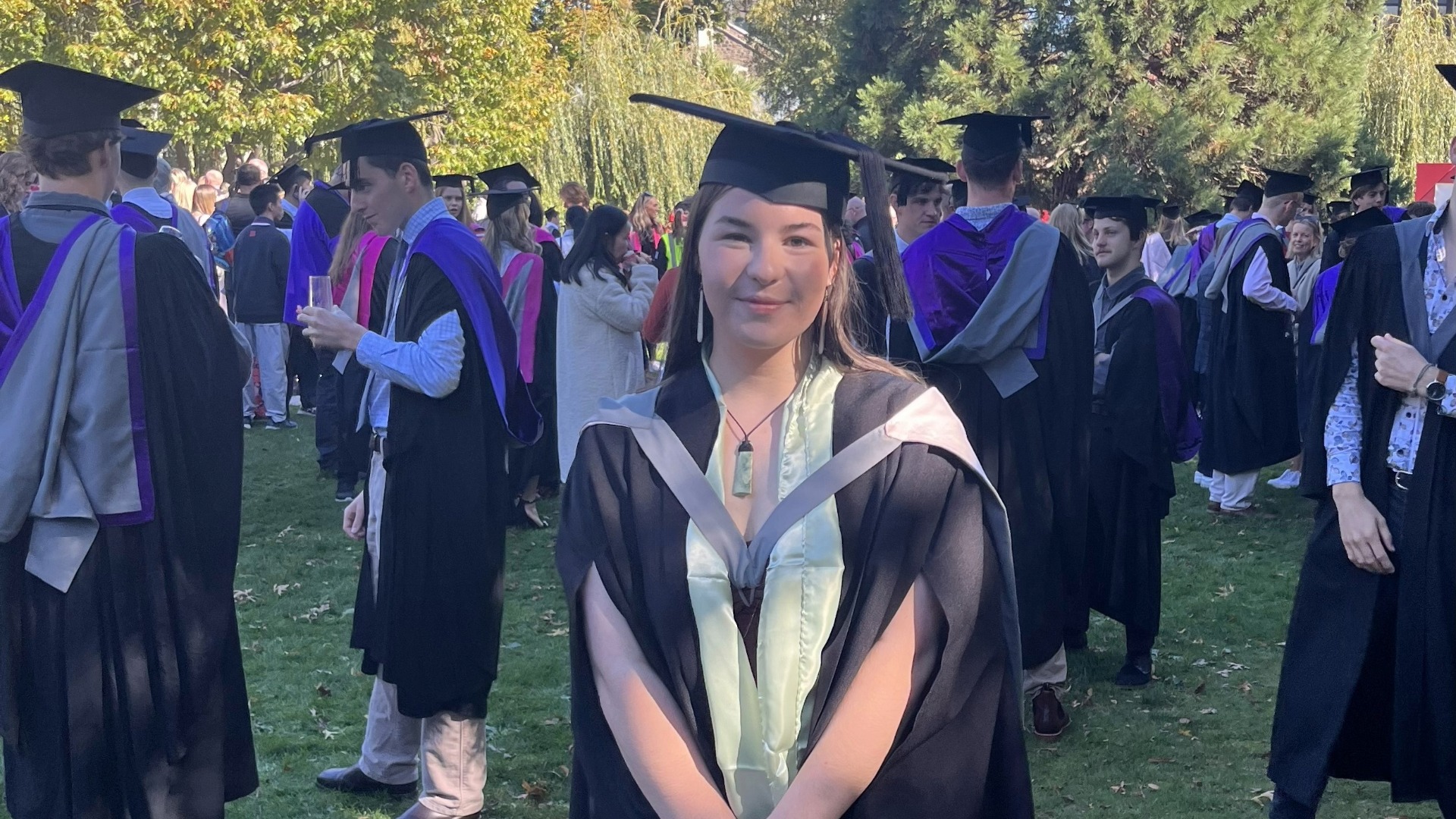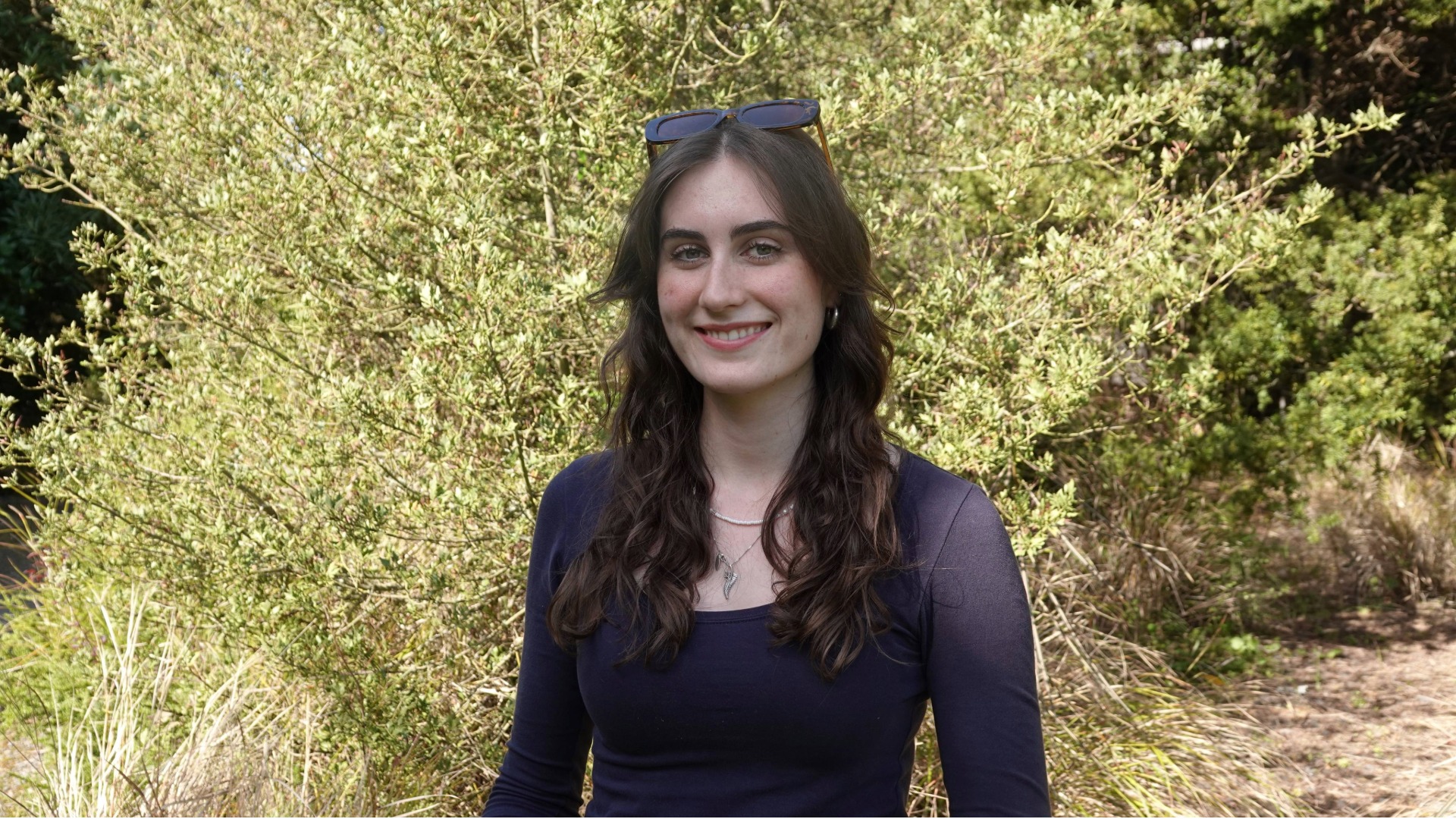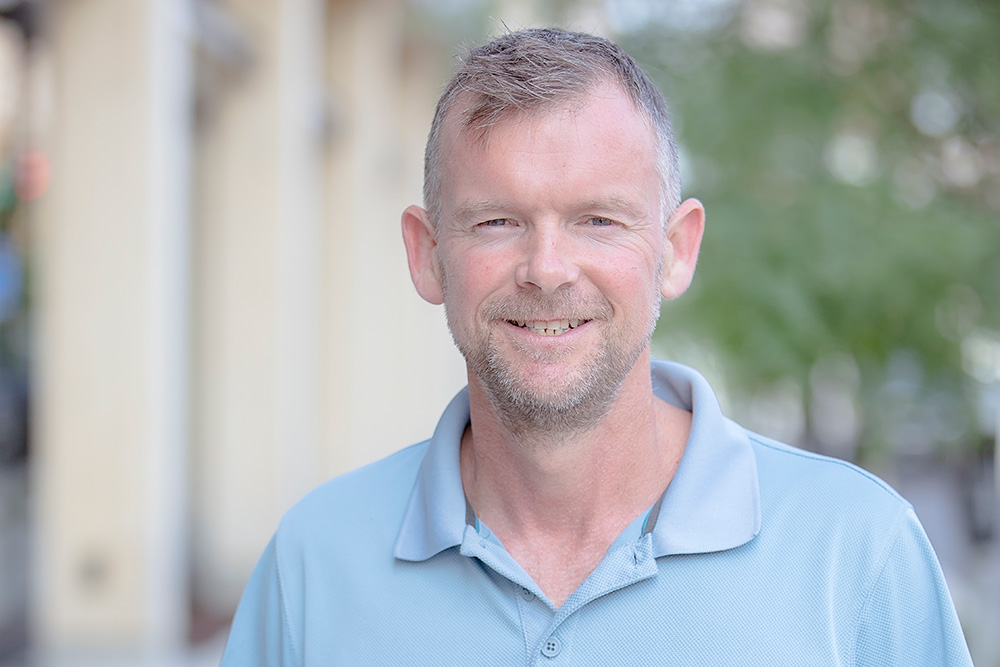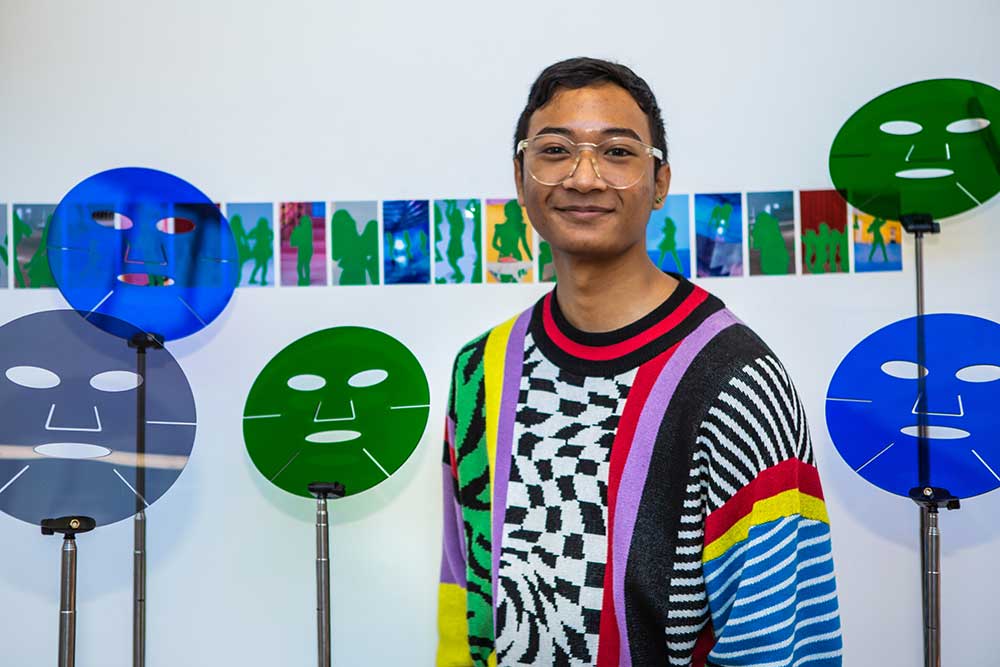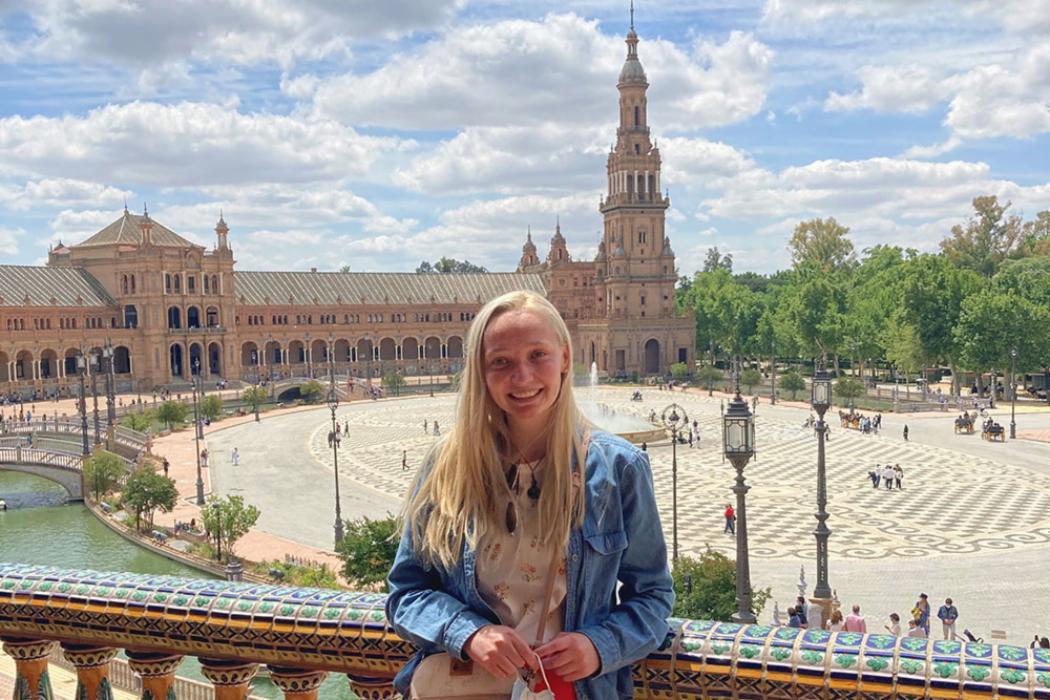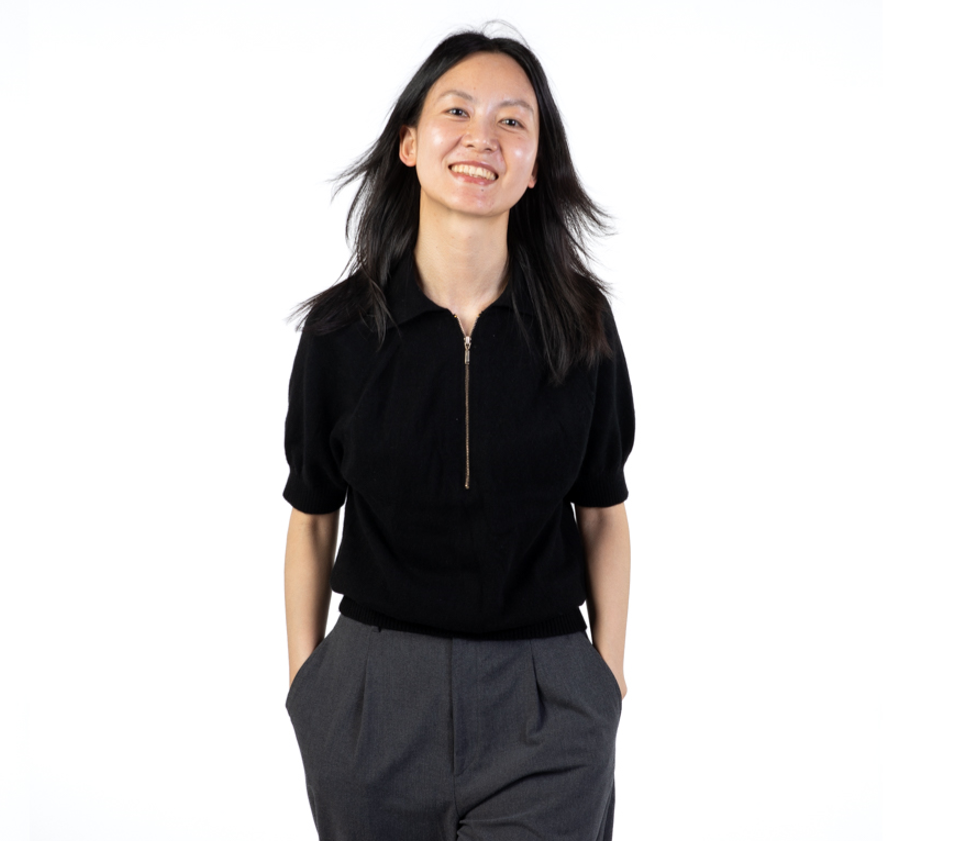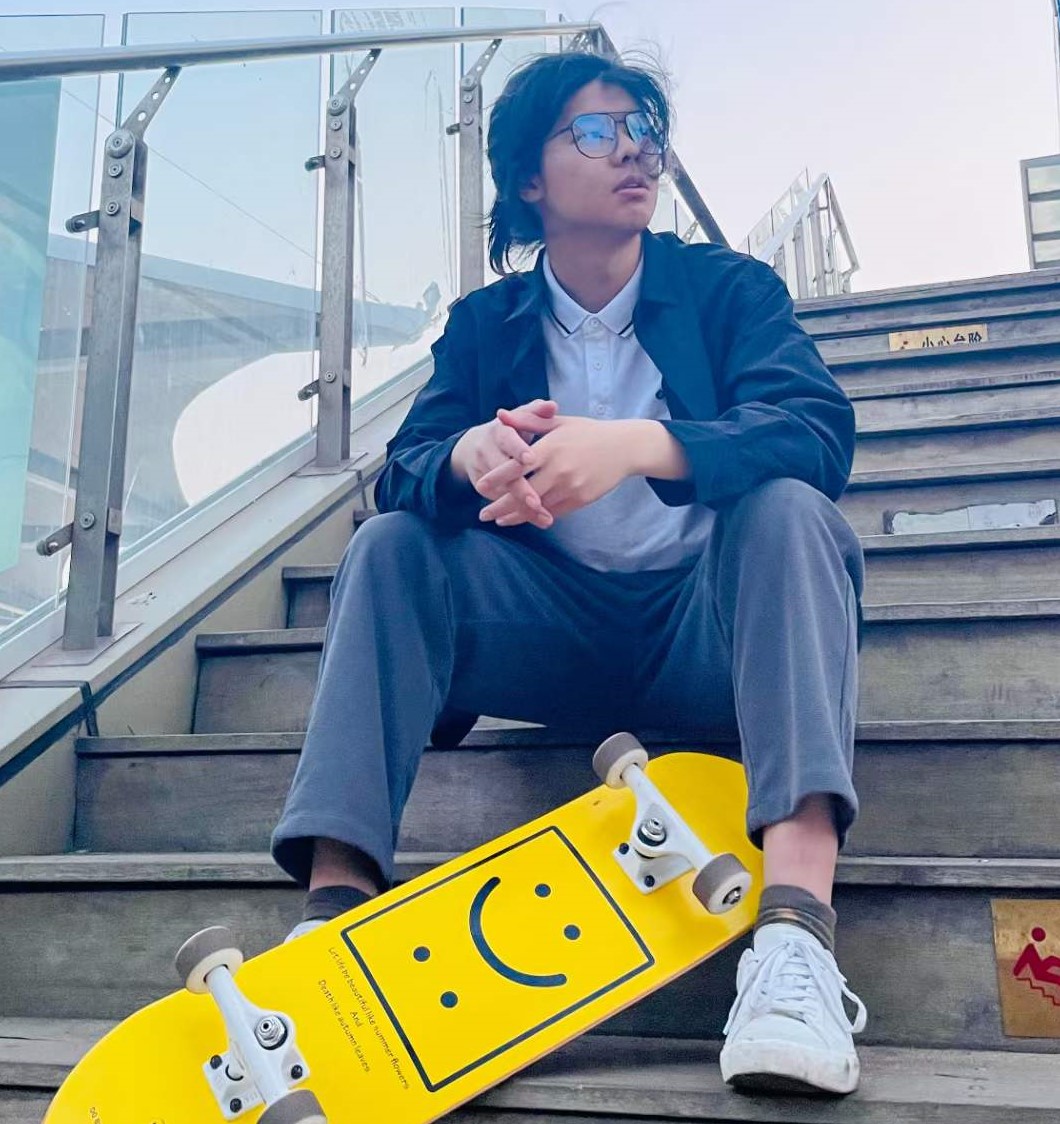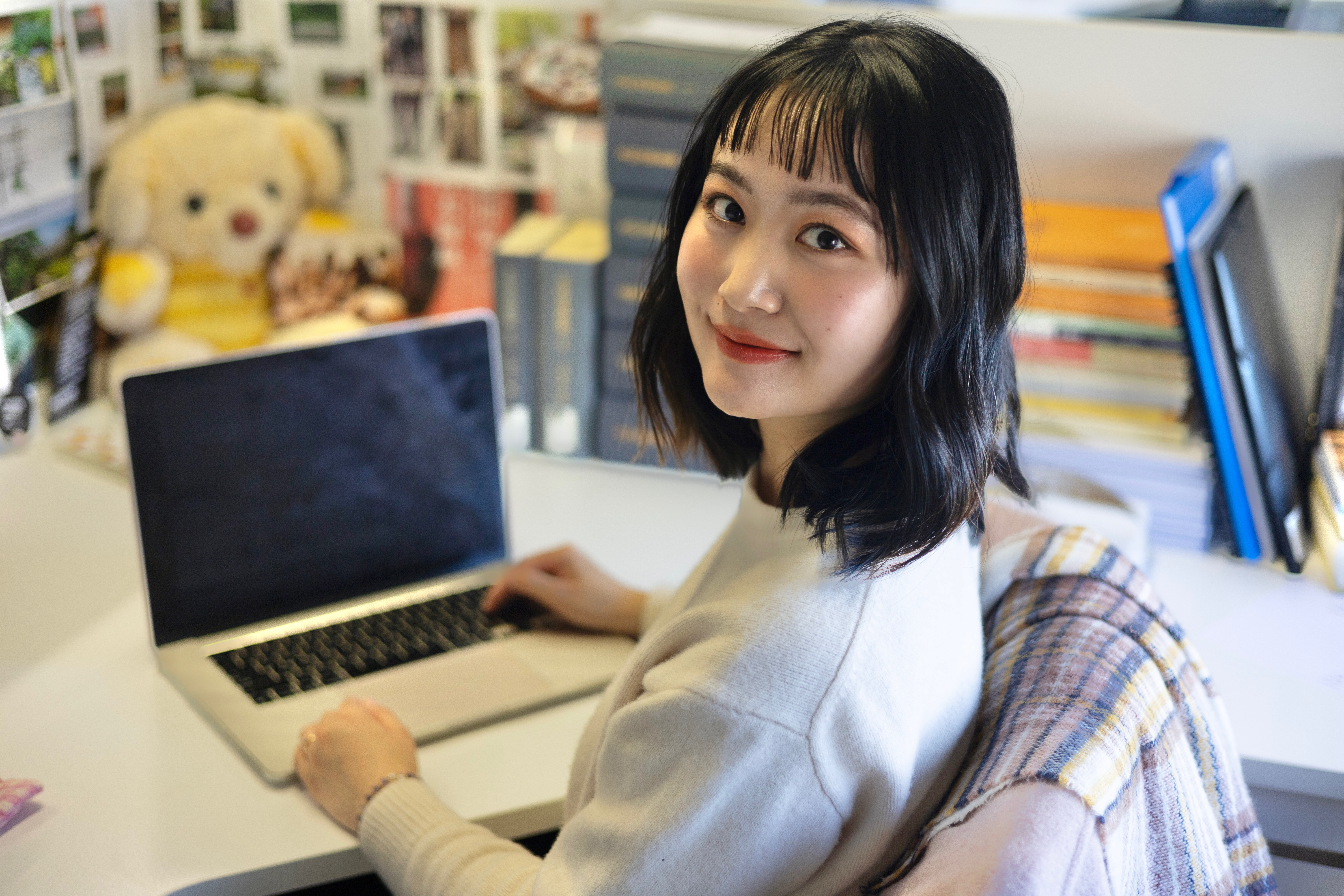You’re in your final year of your Bachelor of Social and Environmental Sustainability. What will you be doing after graduating?
I’ve secured a graduate role as an Environmental Scientist in Australia, where I’ll be working with GHD, a global firm specialising in engineering and environmental solutions. My long-term ambition is to work on sustainability projects that support resilient, equitable communities.
Did you undertake any practical experience during your studies that helped shape your career path?
I had the opportunity to intern with two different organisations – ASB Bank and Ashburton Contracting Limited (ACL). My roles involved sustainability-focused tasks such as reviewing communications, conducting literature reviews, leading employee surveys, and making practical sustainability recommendations.
These experiences helped me realise the type of work I’m passionate about – work that has real-world impact and meaningful contribution to sustainability. They also gave me the confidence and experience I needed to successfully apply for the GHD graduate programme.
What do you enjoy most about the work that you do?
Knowing that I’m contributing to something that genuinely matters. Whether it was refining internal sustainability communications at ASB or helping ACL explore emissions reduction strategies, I felt like I was part of something meaningful. I’m excited to bring that same energy into my future role, where I’ll get to tackle real-world environmental challenges.
What do you find most rewarding about your career path?
The most rewarding part is seeing the impact of your work, whether it's presenting sustainability findings to a company board or realising that your feedback influenced operational decisions. Being invited to sit on ACL’s Social and Environmental Board as a student representative has been especially validating. It’s shown me that even as a student, I can contribute real value.
How does your work contribute to social and/or environmental sustainability?
Every role I’ve held has centred around sustainability. At ASB, I supported internal messaging around their sustainability strategy, helping ensure the company's efforts were clearly communicated. At ACL, my work contributed directly to understanding employee attitudes and proposing actionable ways to reduce environmental impact. Looking ahead, my role as a Graduate Environmental Scientist will allow me to work on projects that improve environmental outcomes in Australia, from infrastructure to water systems – directly contributing to more sustainable communities.
How did your studies prepare you for your internships and future role?
The degree gave me a solid foundation in both social and environmental aspects of sustainability, which has been crucial. I was able to explore everything from policy and planning to science and communication. That flexibility allowed me to understand systems thinking and develop a well-rounded skill set that employers really value.
Were there any specific courses or experiences at UC that were particularly valuable?
Courses with field trips were especially impactful because they connected theory with the real world. The PACE course was a turning point; it gave me the chance to intern with ACL and begin applying classroom learning to an actual workplace setting. That experience directly led to an ongoing role on their Board.
What skills or knowledge gained from your degree do you use most in your work?
Critical thinking, communication, and the ability to see the bigger picture. My degree has taught me how to connect complex systems, engage diverse stakeholders, and propose practical, forward-thinking solutions – skills that are essential in the sustainability space.
What advice would you give to others interested in studying a Bachelor of Social and Environmental Sustainability?
Lean into opportunities, even if you’re not sure where they’ll lead. Try new things, take different courses, and go on field trips. Every experience – whether it’s an assignment, internship, or group project – helps you figure out what you care about and where you can make a difference.
Looking back, how has your degree influenced your career and personal growth?
This degree has shaped both who I am and where I’m going. It’s given me clarity around my values, practical skills I can apply in the workforce, and a network of people who care about the same issues I do. It’s helped me build confidence in my abilities and opened opportunities I never would have imagined when I started.


